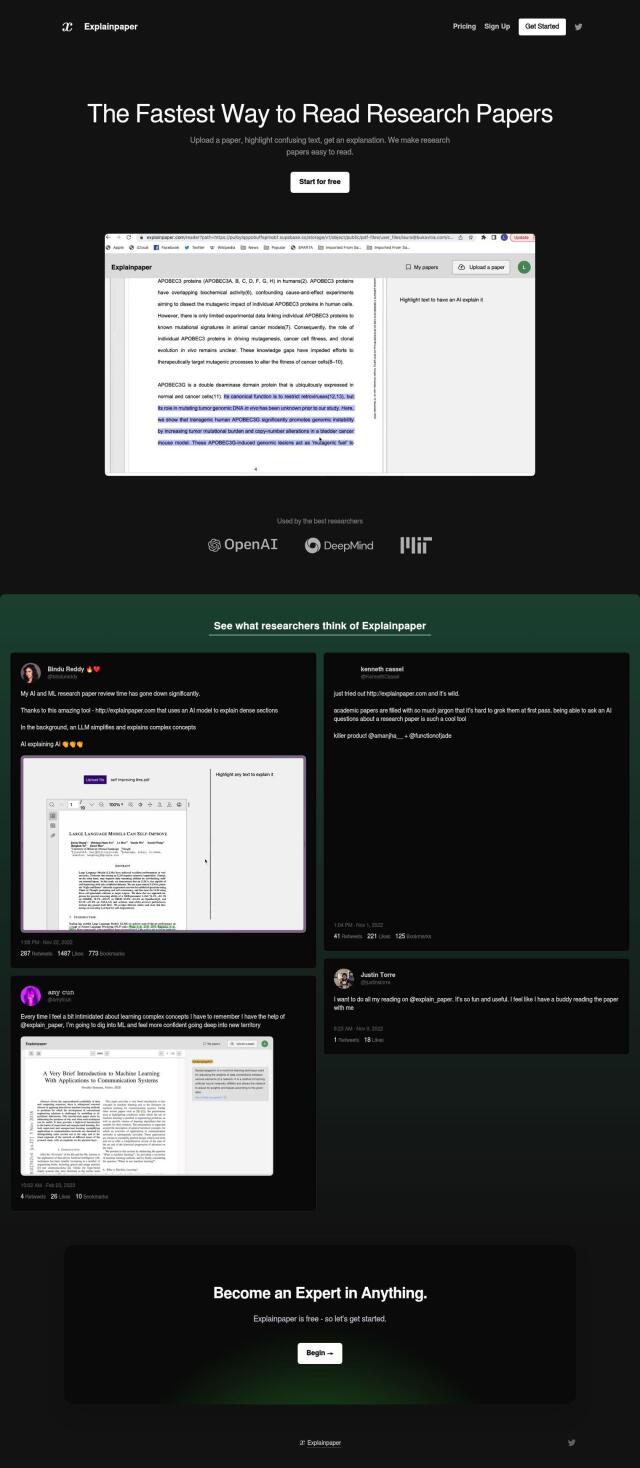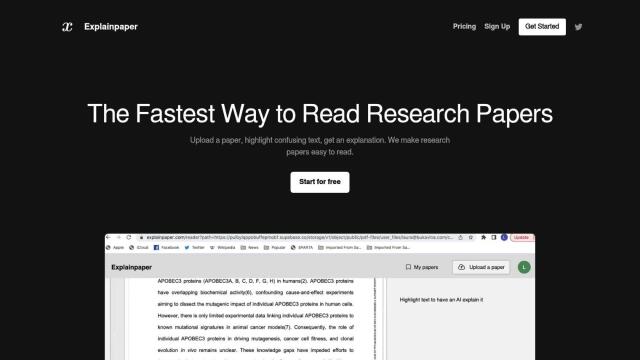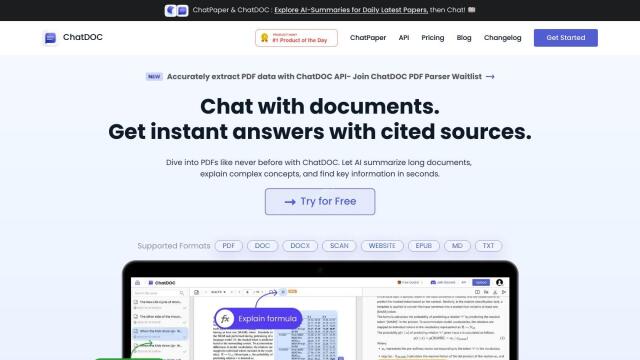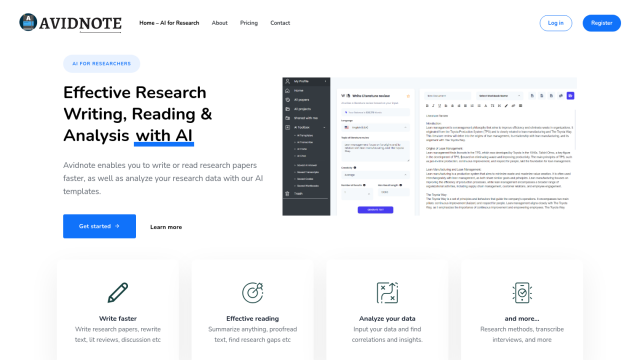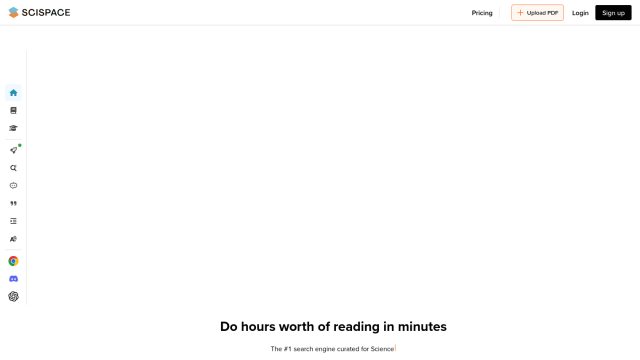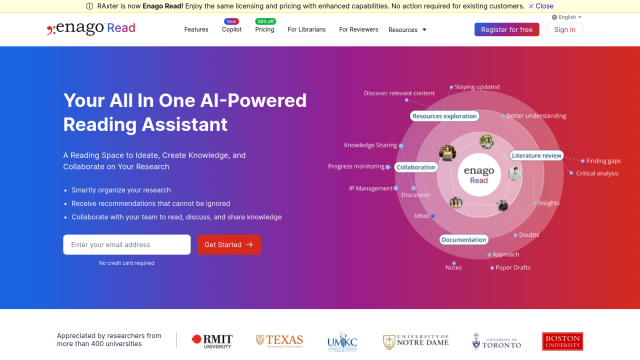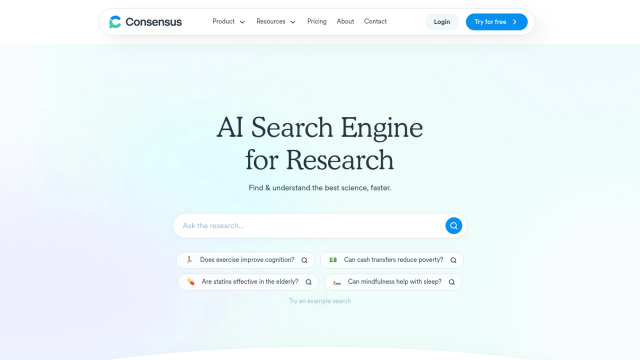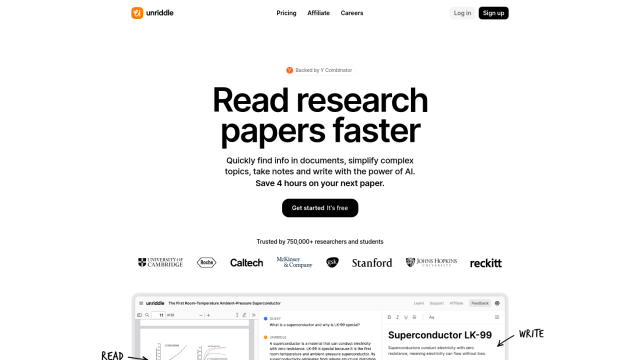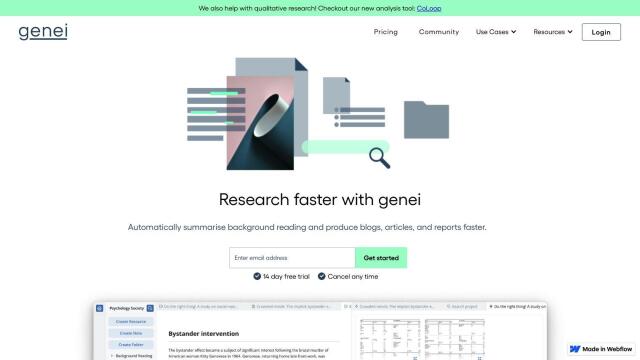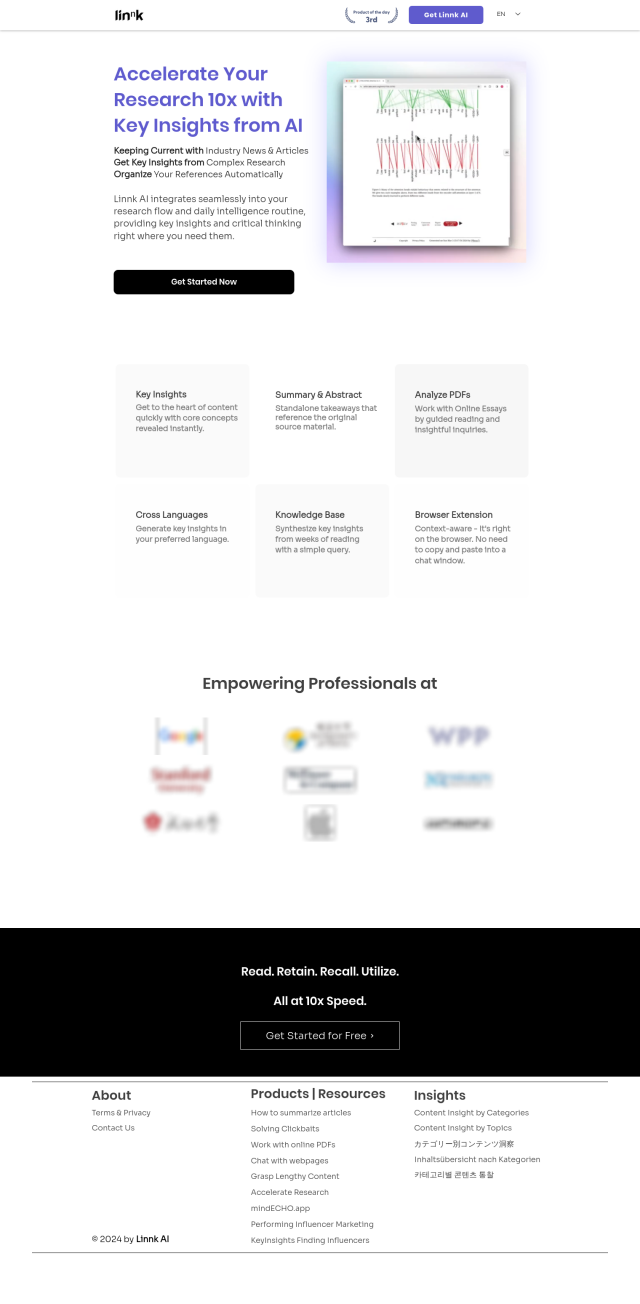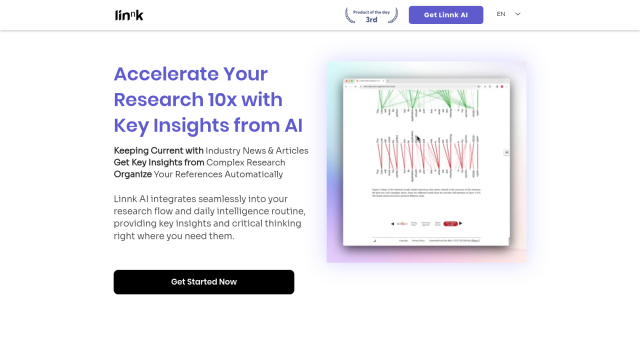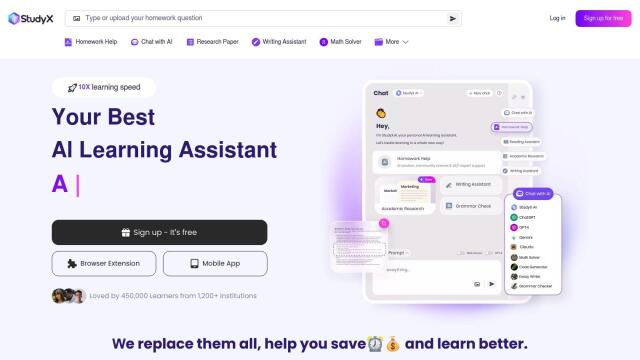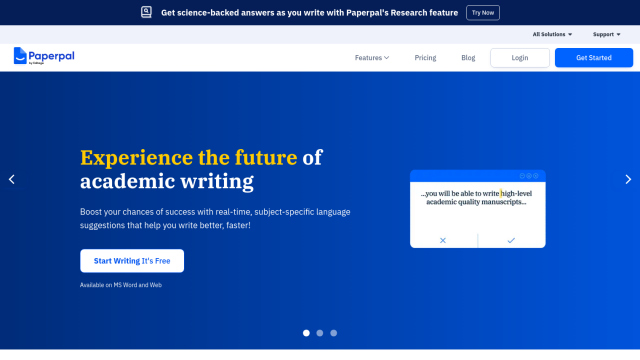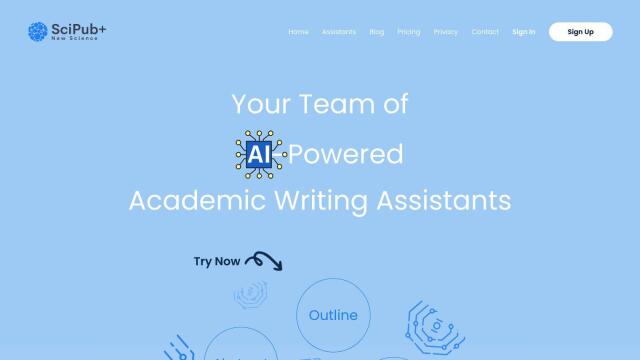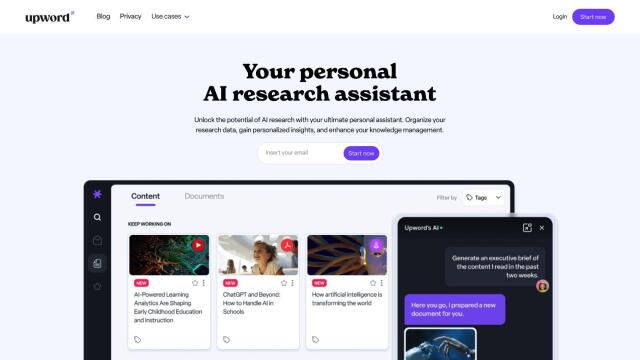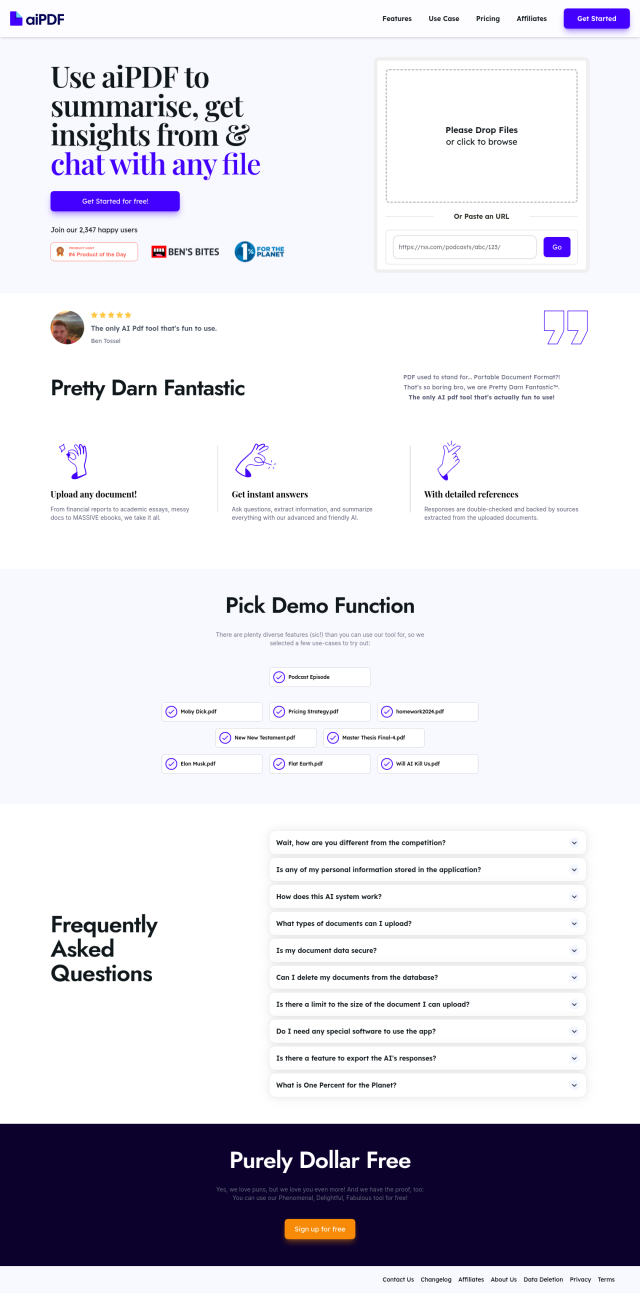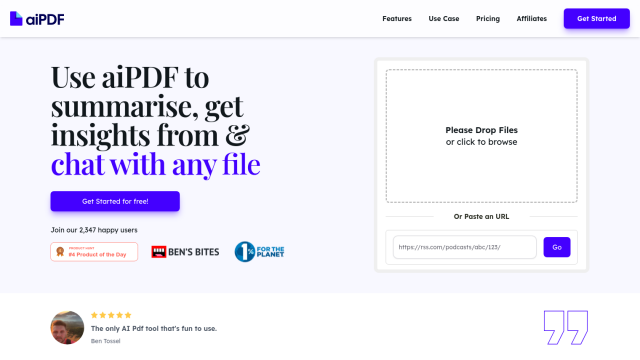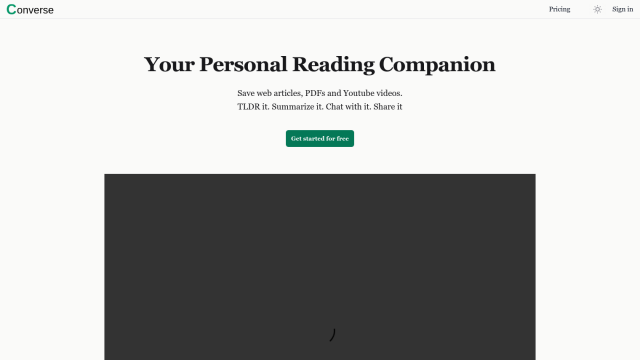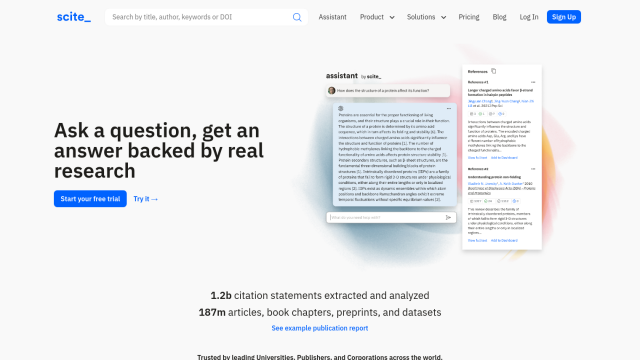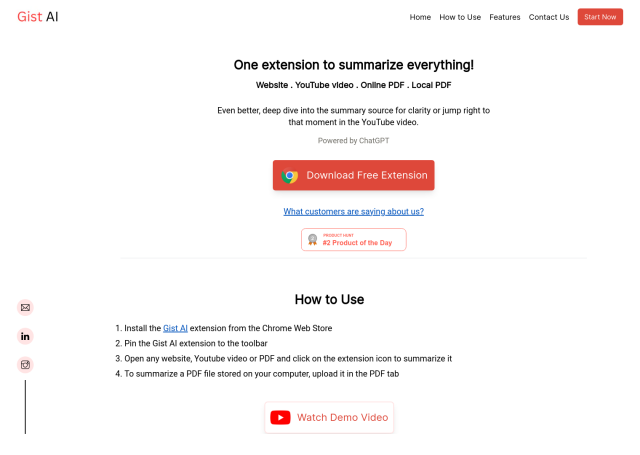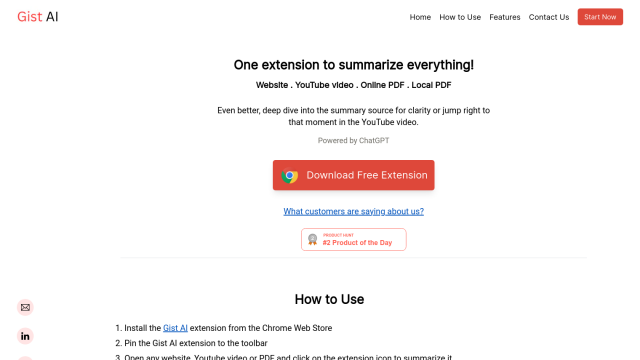
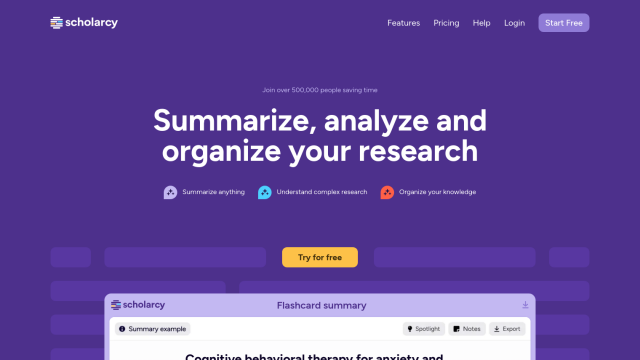
Scholarcy
If you're looking for a replacement for Explainpaper, Scholarcy is a good candidate. It's geared specifically for summarizing academic papers, turning complex documents into interactive summary flashcards. Scholarcy also can summarize, analyze, organize and synthesize information, which can help you concentrate on higher-level thinking. It can handle a variety of file formats, and you can highlight passages, create literature matrices and generate bibliographies. It has a free version with limited abilities and a paid version (Scholarcy Plus) for more advanced use.
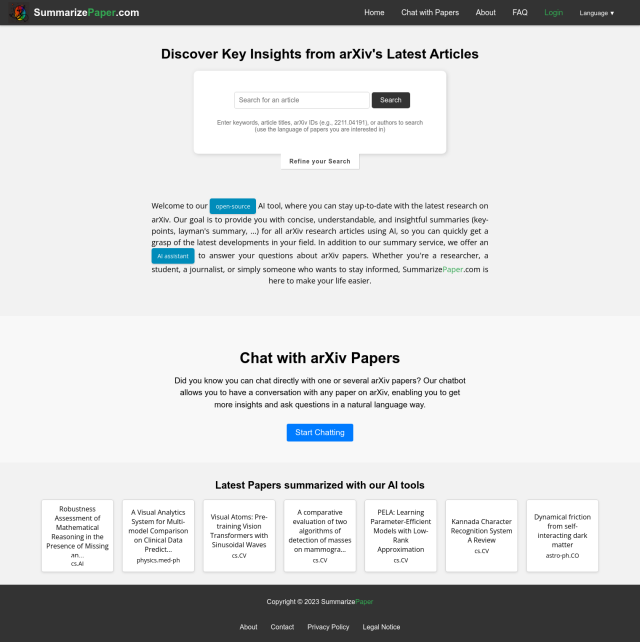

SummarizePaper
Another good option is SummarizePaper, which uses advanced machine learning techniques to summarize scientific papers from arXiv. It presents complex information in a clear, easy-to-understand format and lets you ask natural language questions to get a better handle on the latest research. SummarizePaper is free to use, and it's built by an astrophysics researcher who wants to make research results more accessible.
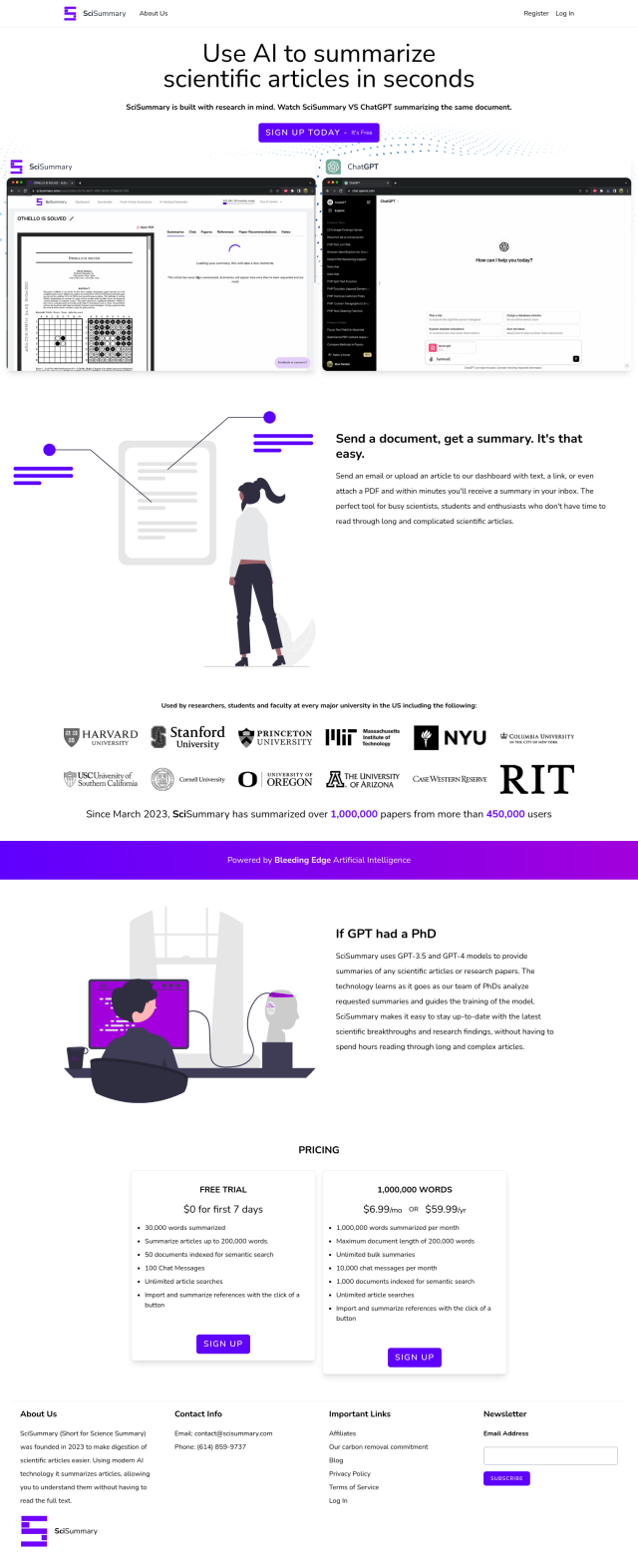
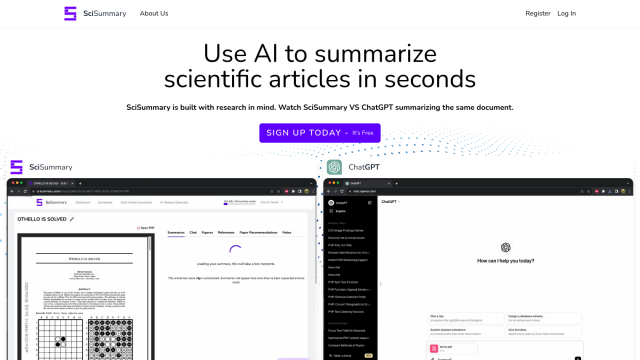
SciSummary
SciSummary is another option. It uses large language models like GPT-3.5 and GPT-4 to generate detailed summaries of scientific papers and research articles. The service lets you upload documents and receive summaries by email in minutes. With a free trial option and a premium subscription for heavy use, SciSummary can help you get a lot more out of your time spent reading academics by speeding up research and making complex research easier.
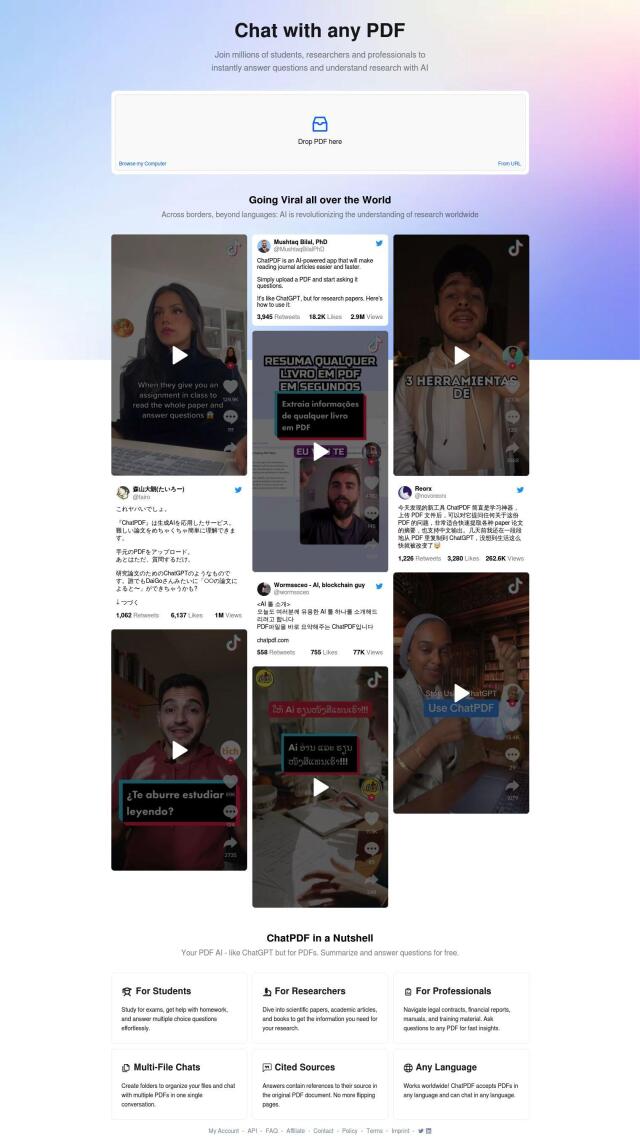
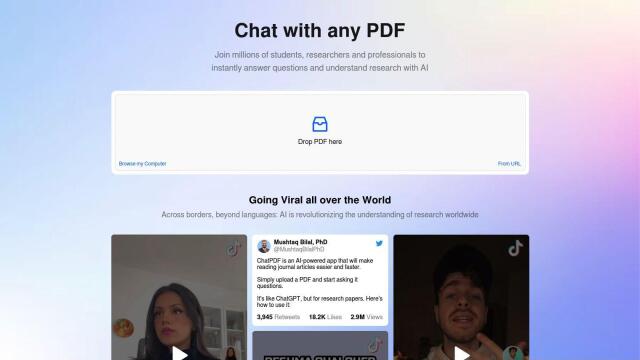
ChatPDF
For a more general-purpose tool, ChatPDF is a good option. It lets you understand and interact with PDFs with AI-powered summarization and question-answering abilities. It can handle multi-file chats, cite sources in its answers and handle documents in any language. Whether you're a student, researcher or pro, ChatPDF can help you get more out of your documents fast.
